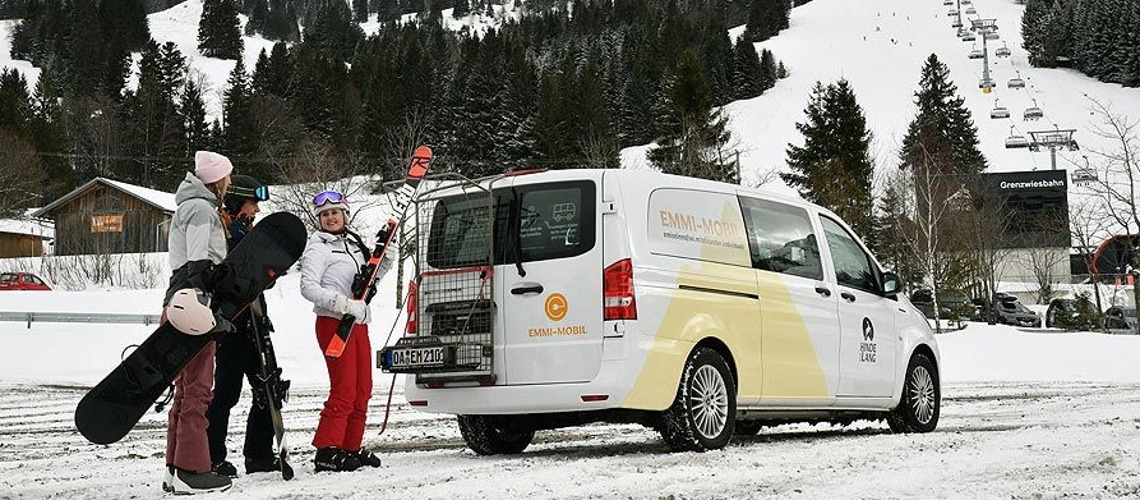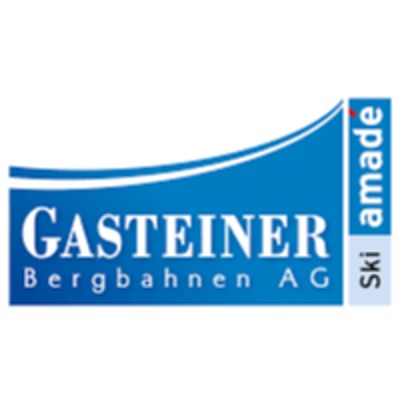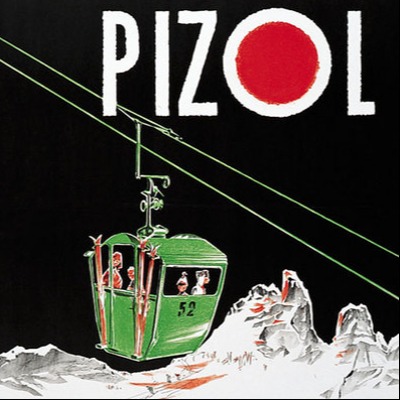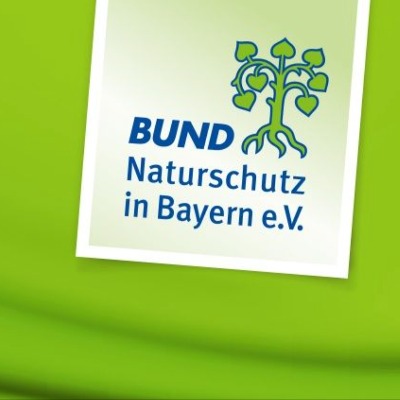“Alliance in the Alps” Conference Expert Forum Debates Winter Tourism, Mobility And Energy In Bad Hindelang

What prospects and alternatives are there for winter tourism when there is no snow? How much tourism can nature in the Alps cope with and at what point is the ecosystem at risk? An international expert forum discussed these and other questions on the topics of climate change, sustainable tourism and energy in specialist lectures and interactive workshops in Bad Hindelang (Allgäu). More than 100 participants from six countries traveled to the conference of the “Alliance in the Alps” community network, which consists of more than 300 communities and regions. The motto of the event was: “Snow guaranteed? Certainly not!"
“There is no blueprint for the decisive strategy, as the conference showed. Individual concepts for sustainable tourism are required - possibly a usage regulation in particularly popular areas. We can only avoid extreme positions if we include citizens in the debate - Bad Hindelang shows how it can work with its own living space concept," said Katharina Gasteiger.
The managing director of the “Alliance in the Alps” network pleaded for a transformation with care and foresight: “We cannot produce snow until the streams are empty, but we also cannot use all the lifts and ski facilities - which secure our existence - turn it off from one day to the next. The need of the hour is to build new bases, integrate other industries and strengthen year-round tourism in such a way that our greatest asset, the natural environment, is preserved, as are our guests.”
“The studies are unanimous – climate change will have a significant impact on the future of the Alpine tourism regions. “It is all the more important, especially in tourism, to act in an ecologically and economically responsible manner,” said the mayor of Bad Hindelang, Dr. Sabine Rödel in her speech and first and foremost focused on the local alpine economy: “Without the mountain farmers and alpine farmers or alpine farmers there would probably be no tourism, because the Alps would be forested and gloomy. It is precisely these characteristic images of an open, intact Alpine cultural landscape and colorful flower meadows that are the reason why guests come to us in the Alps. So it's not just about protecting the climate, air and nature, from a social aspect it's also about the local people, about the living space and in particular about strengthening small structures, especially in mountain agriculture as well as alpine and alpine farming. Because the slopes, cross-country ski trails and hiking trails in Bad Hindelang are mostly located in the areas of the cultural landscape, the mayor's goal is set: "Nature and socially responsible tourism can only exist with a collaboration between agriculture, nature conservation and tourism."
The coexistence of agriculture and nature has been regulated by the Hindelang eco-model since 1992, which the chairman of the “Hindelang – Nature & Culture” association, Georg Rädler, presented at the conference. The 60 mountain farmers in the association are committed to cultivating all areas in the six districts in an extremely natural way and to completely avoid the use of herbicides, pesticides and artificial fertilizers.
The “Eco Model Hindelang” and the intangible cultural heritage of the “High Alpine Alpine Economy” are also the cornerstones of the living space concept “Our Bad Hindelang 2030”, which Mayor Dr. Sabine Rödel presented at the event together with Tourism Director Maximilian Hillmeier.
“We have firmly established our sustainable and environmentally-oriented tourism orientation in the living space concept with tourism strategy. It has given us direction ever since and is therefore our common thread for political and tourist decisions. The Bad Hindelang PLUS card with included ski and toboggan pass and a total of 45 adventure offers as well as mobility around the innovative 'EMMI-MOBIL' solution play an outstanding role. Two crucial components that make holiday guests feel at home with us. At the same time, they represent a very large competitive advantage for our hosts in times of inflation and increased price sensitivity as well as a strong cooperation between tourism and the mountain railways - especially during the winter season," said Bad Hindelang Tourism Director Maximilian Hillmeier.
In order to ensure optimal snow management on ski slopes, cross-country ski runs and winter hiking trails in the medium term, to create alternatives in the form of year-round adventure offers and to meet the interests of locals and guests, Bad Hindelang has been working closely with the neighboring Tannheimer Tal/Tal holiday region for many years. Tyrol together. A new project launched in 2023 is now, among other things, about finding solutions for sustainable and livable tourism in the German-Austrian border area and about focusing even more closely on external influences, such as global warming.
Other Alpine regions do this too: The Tyrol Snow Center works with companies and research institutions to develop innovative products and processes to increase the efficiency of snow production and slope management while at the same time reducing the use of water and energy resources. The “Beyond Snow” project, which is supported by the “Alliance in the Alps”, is essentially about maintaining the attractiveness for residents and tourists. The aim is to improve the socio-ecological climate resilience of small destinations and communities located at medium and low altitudes where winter tourism is the focus.
The comprehensive series of lectures in Bad Hindelang was specifically supplemented by various excursions. In Balderschwang, the highest municipality in Germany, participants found out about the “BeyondSnow Project” and in the Hinterstein Valley of Bad Hindelang about the geological and botanical peculiarities of the humpback meadows in the “Allgäu High Alps” nature reserve, which is by far the largest nature reserve in the Swabian administrative region. The visit to the Bio-Sennalpe Mitterhaus gave an insight into life on an alpine pasture as well as the importance of locally specific products and the intangible cultural heritage of the alpine economy as part of an authentic tourist offer.
The participants often used “EMMI-MOBIL” for their journeys to accommodation and the conference location, the Kurhaus. With this innovative mobility solution, the community has been making its contribution to the climate and mobility transition since the end of 2021. “EMMI-MOBIL”, which Bad Hindelang developed together with WIIF GmbH, not only strengthens local mobility, but also offers guests an incentive to travel by train. The system's "ridepooling approach" offers citizens, day and overnight guests an environmentally friendly alternative to private transport and is a supplement to public transport. The electrically powered minibuses called via the multimodal app take the passenger to the nearest public transport stop.
Other creative concepts mentioned at the conference were the “Alpine Pearls” with their “Holiday without a car” offer, as well as the “Destination Nature” initiative from Deutsche Bahn in cooperation with the BUND, VCD and NABU and the mobility offer “Ruck Zug to us! “ in the “Snow Space Salzburg” ski area. Anyone who buys a ski or ski tour ticket online can book their arrival and departure free of charge via the Salzburger Verkehrsverbund.













